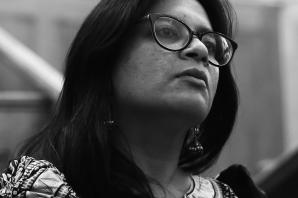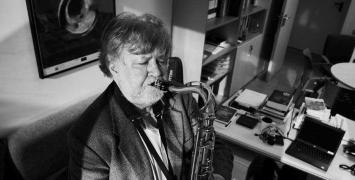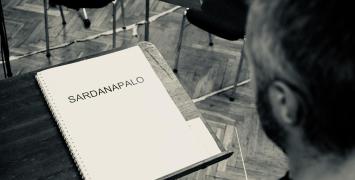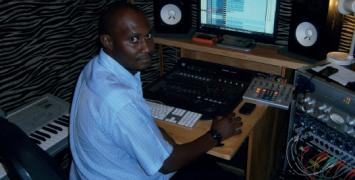I'm a global citizen
Professor Ananya Jahanara Kabir is a literary and cultural historian at King's College London. Passionate about music, dance, film, the visual arts, academic discourse and literature, she studies what such forms of cultural production can say about the world we live in. With her ERC grant and interdisciplinary team, she leads research on Afro-diasporic rhythm cultures, examining the history and global popularity of African-derived dance practices and their relation to modernity, post-colonialism and post-trauma.
Originally published in March 2017 as part of the multimedia campaign "ERC - 10 years – 10 portraits."
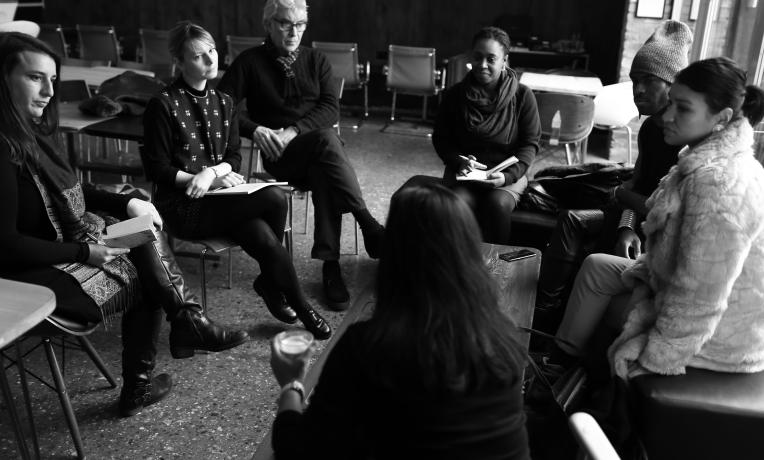
I'm a scholar of English literature and I've always been very interested in languages. So, midway through my career, let's say about fifteen years ago, I started thinking of learning Spanish. And I started listening to Latin music to improve my language skills. I thought: “hang on, maybe I should take some dance lessons”. After I took my lessons, I was absolutely hooked. I started dancing almost every night. Wherever I found a Latin dance night- I was there. When I got into dancing, I realised I wanted to know more about the history of the dance. The more I read, the more I realised that this dance form, that was so exhilarating and joyous, was actually born out of some very deep human tragedies: colonialism, slavery.
When Europeans started transplanting, against their volition of course, African people to the Americas, these African people were taken in a brutal fashion, without any ability to bring anything material with them, but, what seemed to have been retained was their rhythms, which they carried in their body. And these rhythms actually then formed the basis of all the dances that developed in the Americas. When we study African heritage, social dances that developed on the plantations, we actually find a way to understand this dark chapter of human history, which is slavery, by looking at a very powerful mode of resistance. Human beings always resist that which is brutal, and that which suppresses their creative powers. And music and dance are very powerful modes of resistance.
Most people would imagine that funding science and technology research is important because that's what makes the world progress. But I would say that it' s even more- perhaps, arguably, more important- to focus on humanities research because to move forward we, as human beings, need to understand what makes one another tick. I'm a proud Indian, but I'm a global citizen. And I developed my research in Europe, in the UK. I think the ERC is certainly able to function as a magnet to draw the best researchers from all over the world, including Asia. Because what researchers want are the resources. To carry out their dreams, and to ask the big questions.
When I come home, I usually would put on some music, open my fridge, and... start cooking. Yeah, the food I cook, it's... kind of Indian, kind of Chinese, kind of African, kind of Caribbean, in fact nowadays I cook what I call a kind of “Creole-Caribbean curry”, the best. But that's why the music that I listen to- which is also Creole music, in the broadest sense of Creole being creating new things out of old stuff- that's me. 'Creolisation' of the world. That's what I'm advocating.
Watching this video you are accepting Youtube cookies policy

